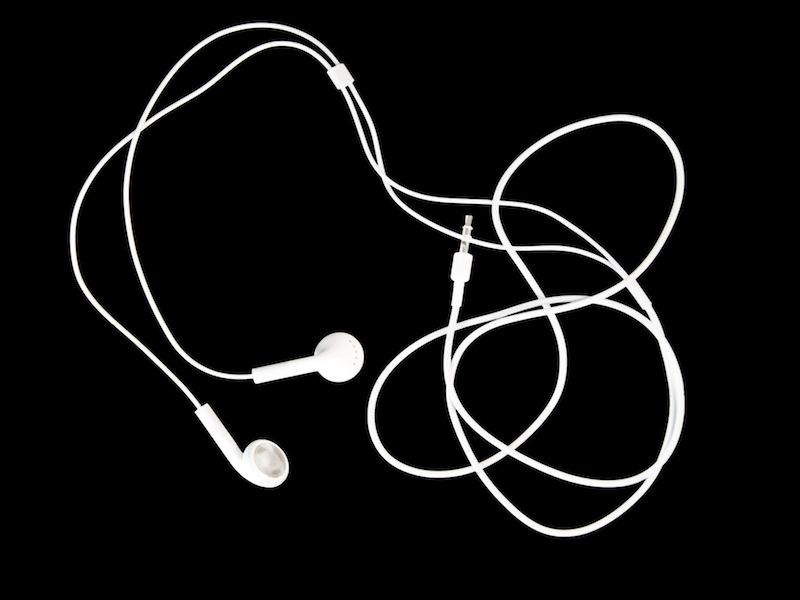
If you haven’t had your hearing checked since your grade school days, you’re not by yourself. It isn’t normally part of a routine adult physical and sadly, we tend to treat hearing reactively rather than proactively. As a matter of fact, even when they realize they have hearing loss, most people ignore it for up to seven years which can significantly impact your health. In fact, untreated hearing loss has been shown to increase your healthcare costs over the years.
The good news, So that our hearing experts to help you, we suggest a hearing exam which is easy, painless and gives a wide range of important information. Both to find out if interventions like hearing aids are helping you and also for diagnosing potential hearing problems. A full audiometry exam is more involved than what you may remember from childhood and you won’t get a sticker or a lollipop when it’s finished but you’ll gain a much clearer understanding of your hearing.
It’s crucial that you regularly have your hearing tested even though you may not normally give your hearing as much attention as your teeth or eyes. It can be a considerable time before you notice that there is something wrong with your hearing. Because loss of hearing usually takes place slowly over time it’s not easy to recognize it at first, but the sooner you can, the more likely you will be able to effectively treat it.
How do You Know When to Get Tested?
Usually the hospital will test babies for hearing loss before they release them. Teenagers should be screened during routine exams with their doctors and children should get formal hearing exams at the ages of 4, 5, 6, 8 and 10 years old according to The American Academy of Pediatrics.
It’s recommended that if you are in between the ages of 18 and 49, you have your hearing checked every five years and then, as you age, more often. After you turn 60 you need to be tested every two years and if you are between 46 and 60 every three years. But you may need to get tested more frequently. The regularity with which you need to get examined will really depend on your individual situation. If you notice your hearing isn’t what it used to be, you should have it examined immediately. Untreated hearing loss has been connected to cognitive decline, depression and a greater risk of falling and other health concerns. It can also impact your relationships and your ability to work efficiently.
There are also scenarios in which you should have a hearing test as soon as you can to address loss of hearing that could get worse. An immediate hearing test is advisable if:
- You find yourself having to constantly ask people to repeat themselves
- Your ears have constant ringing in them
- You are experiencing vertigo
- There is earwax buildup or you had an ear infection
- You are unable to hear conversations, particularly when in crowded areas
- Pinpointing where sounds are coming from is difficult
Another factor is whether you are at a greater risk for hearing loss. As an example, if loss of hearing runs in your family or you are subjected to loud noises on a regular basis you should have your hearing tested more often.
Also, more than 200 ototoxic medications exist. From Aspirin to some antibiotics, these drugs can be very bad for your hearing. Consult your doctor to make certain any medicines you are taking aren’t impacting your hearing. Think about getting your hearing tested more frequently in order to address any loss of hearing immediately if you are taking any ototoxic medications.
Also, think about how your habits may be affecting your hearing loss. Frequently using your earbuds? There’s been a noticeable increase in younger people who have hearing loss, which many experts connect to the increased use of earbuds and other headsets. Your hearing can also be substantially harmed by loud concerts, shows, and machinery. Schedule your hearing exam today if it’s time for you to get your hearing tested.